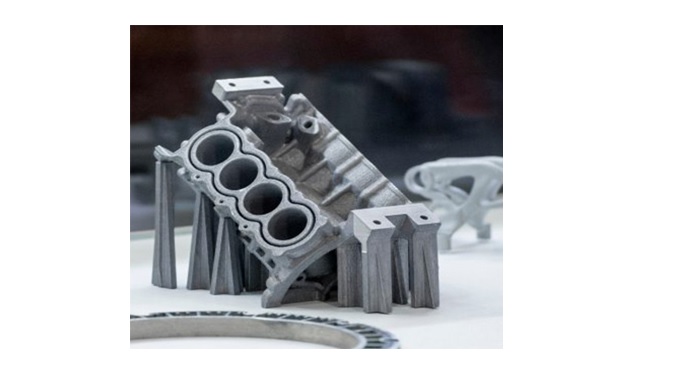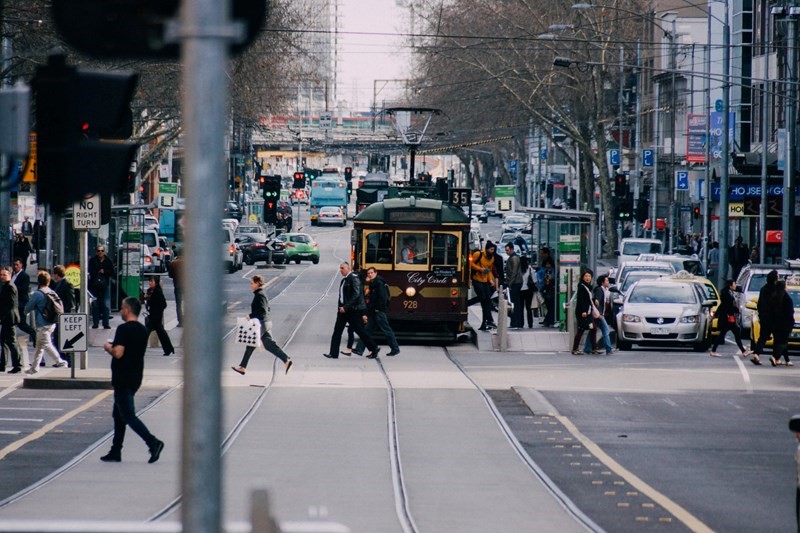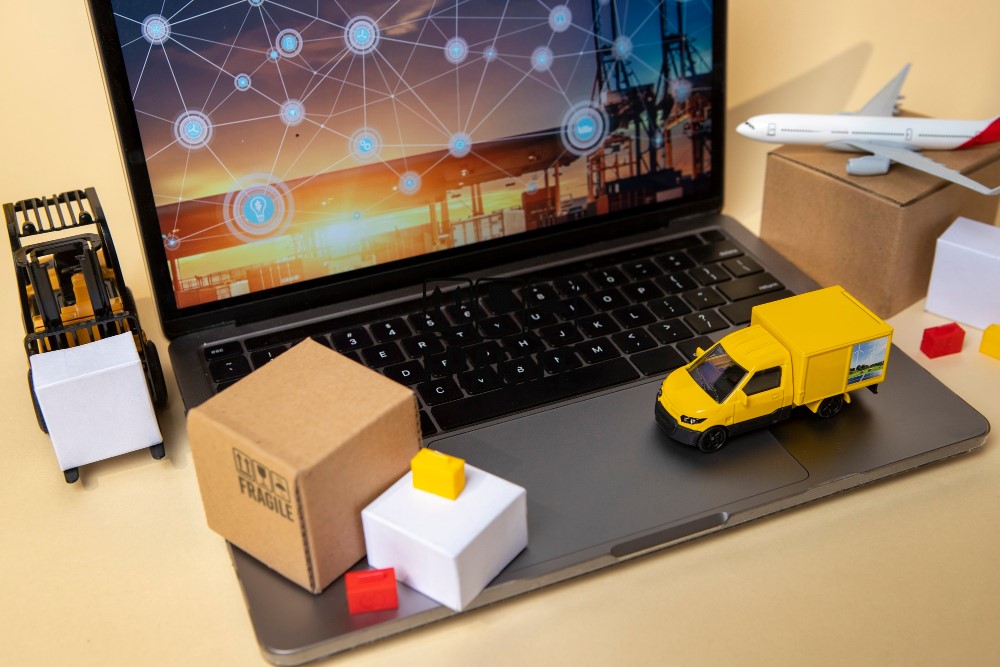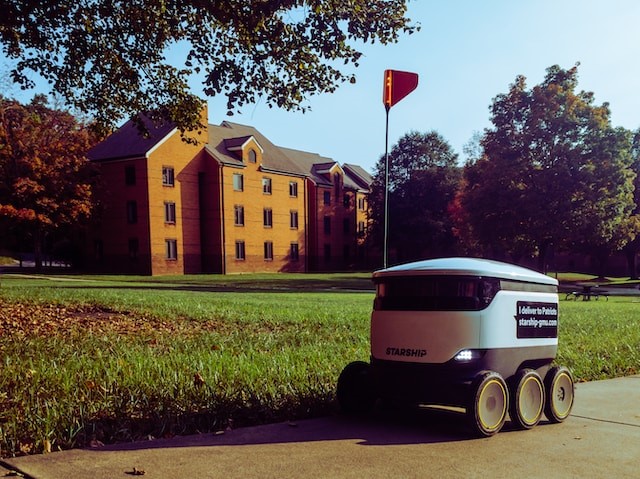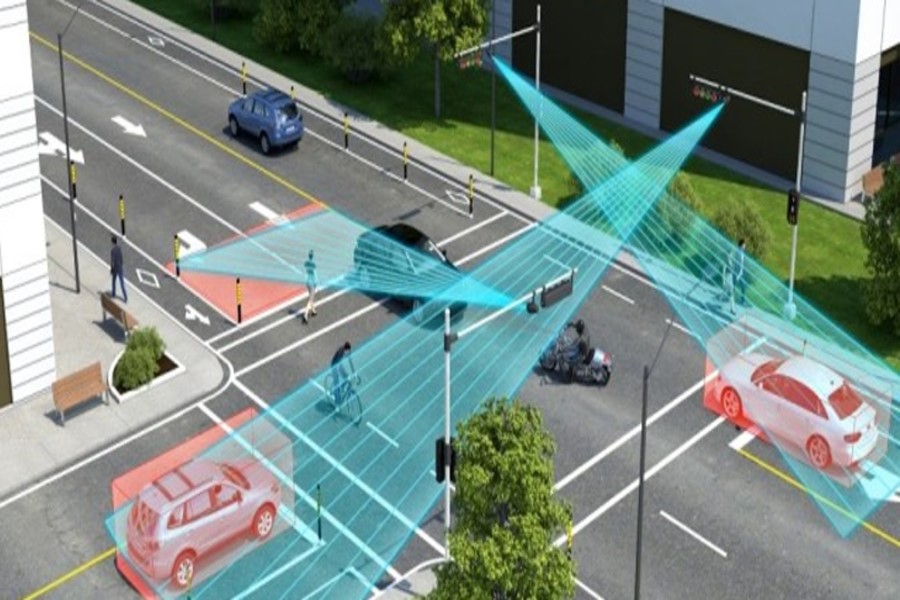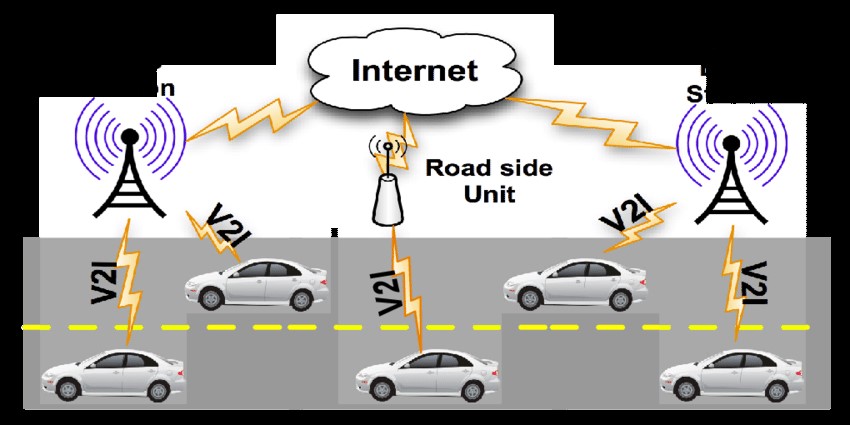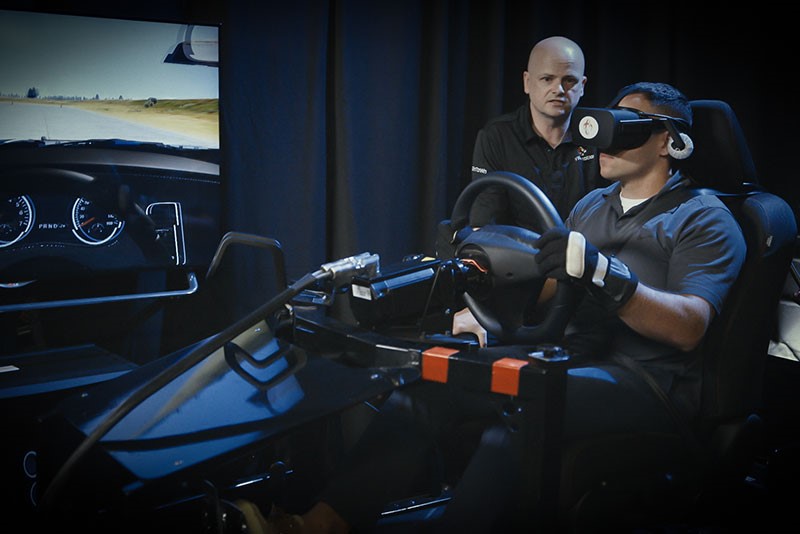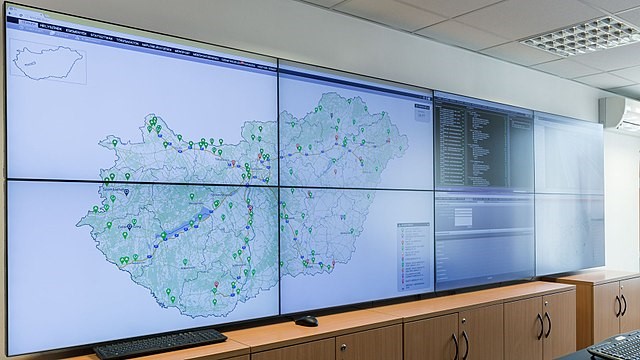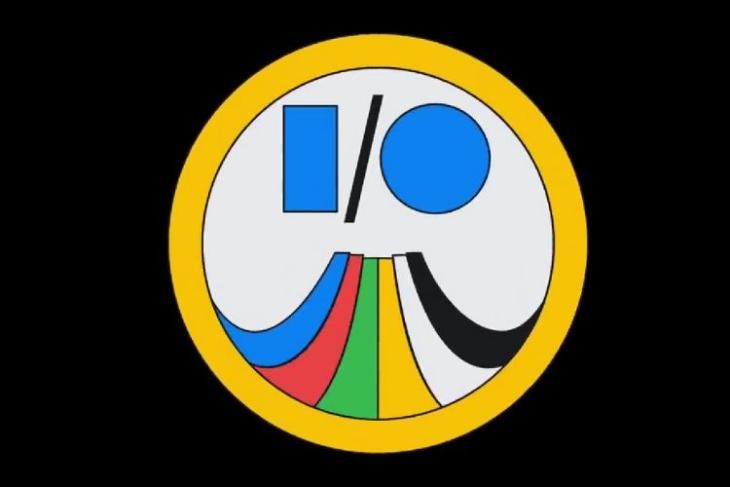Hyperloop
Hyperloop is a futuristic transportation concept that was first proposed by entrepreneur Elon Musk in 2013. It involves a system of sealed tubes through which pods containing passengers or cargo are propelled at high speeds using magnetic levitation (maglev) and vacuum technology. The concept is designed to transport people and goods quickly and efficiently over long distances.
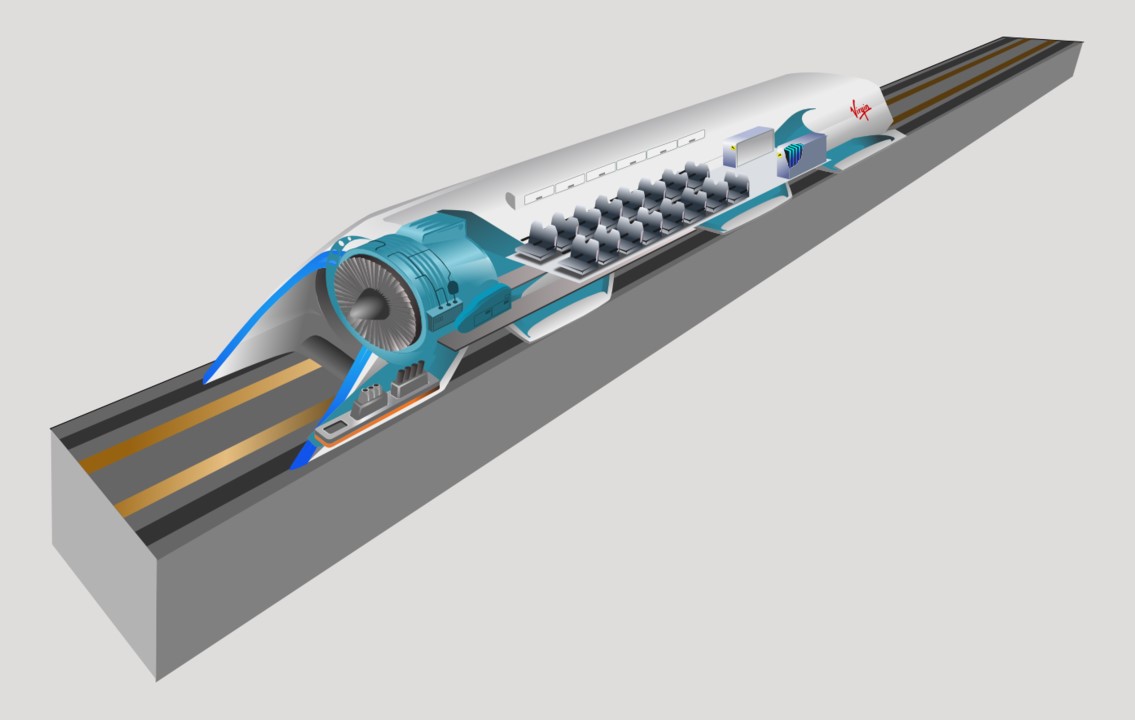
Figure 1. Hyperloop
Figure 1 shows Hyperloop. Hyperloop technology has several potential advantages over traditional forms of transportation:
High speeds: Hyperloop pods are designed to travel at extremely high speeds, potentially exceeding 700 miles per hour (1,100 kilometers per hour). This would make it possible to travel long distances quickly, reducing travel times and increasing productivity.
Energy efficiency: Hyperloop pods are powered by electricity, which can be generated from renewable sources such as solar and wind power. This makes the system potentially more sustainable than other forms of transportation that rely on fossil fuels.
Minimal environmental impact: The use of renewable energy and the absence of direct emissions from the pods means that the Hyperloop system could have a minimal impact on the environment.
Reduced congestion: By transporting passengers and cargo through tubes, the Hyperloop system could potentially reduce traffic congestion on roads and in airports.
However, there are also several challenges associated with the development and implementation of the Hyperloop system:
Cost: The development and construction of a Hyperloop system would require significant investment, with estimates ranging from tens of billions to hundreds of billions of dollars.
Technical feasibility: While the basic principles of Hyperloop technology have been demonstrated, many technical challenges remain, including developing a safe and reliable vacuum system and addressing issues related to aerodynamics, noise, and vibration.
Safety concerns: The high speeds involved in the Hyperloop system raise concerns about safety in the event of an accident or system failure.
Regulatory issues: The regulatory framework for Hyperloop technology is still being developed, and it is unclear how it would be regulated and overseen in practice.
Despite these challenges, several companies are actively working to develop and commercialize Hyperloop technology, and there is significant interest in the potential benefits of this new form of transportation.
References:
- By Camilo Sanchez - Own work, CC BY-SA 4.0, https://commons.wikimedia.org/w/index.php?curid=43739482
Cite this article:
Hana M (2023), Hyperloop, AnaTechMaz, pp.127


